
Hiring a contractor for your home project might feel like a leap of faith. With so much at stake, you want to ensure you’re choosing the right person for the job. Before signing on the dotted line, make sure to ask these 15 essential questions that will help you find a reliable contractor and avoid costly surprises down the road.
What’s Your Experience Level?
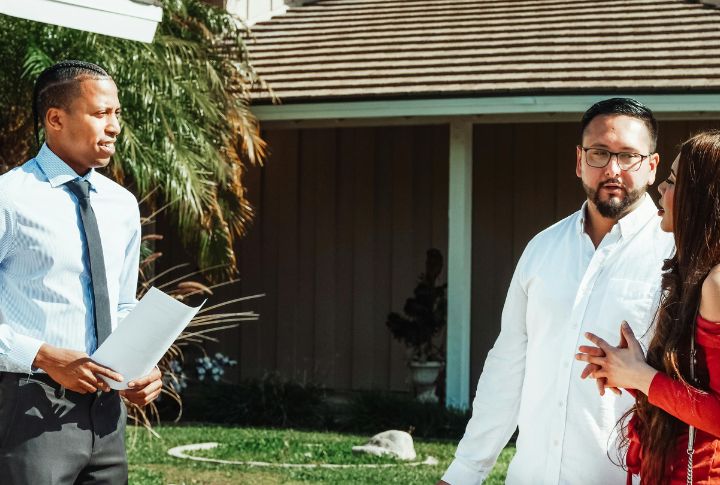
Comprehending a builder’s experience is vital. Ask about their background in the industry and their previous projects. An experienced builder should present a strong portfolio and references. Verify they’ve handled assignments like yours and can provide a comprehensive work history.
Can You Provide a Comprehensive Written Estimate?

A detailed written estimate is important when hiring a developer. It should clearly outline labor charges, including hourly rates and estimated hours, as well as a list of materials with quantities and prices. This transparency helps avoid surprises and ensures you stay prepared.
Are You Licensed and Insured?
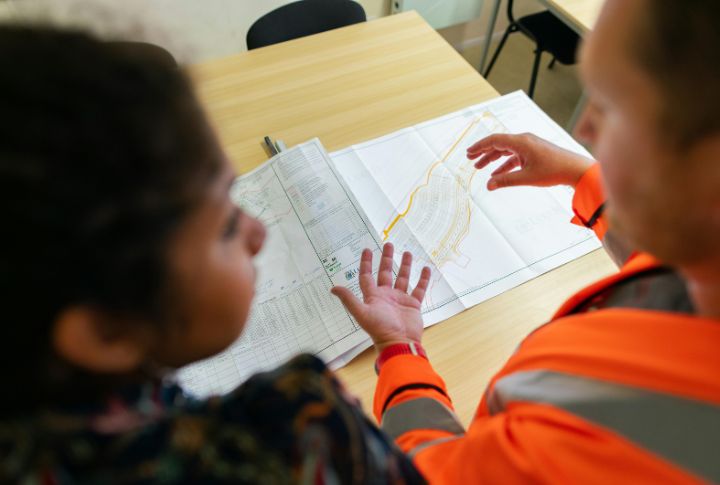
Ensure the professional holds a license and has insurance coverage. These credentials are essential for your peace of mind. A licensed professional adheres to regulatory standards, while insurance protects you from responsibility during unexpected events or damages during the job.
How Do You Manage Permits and Inspections?
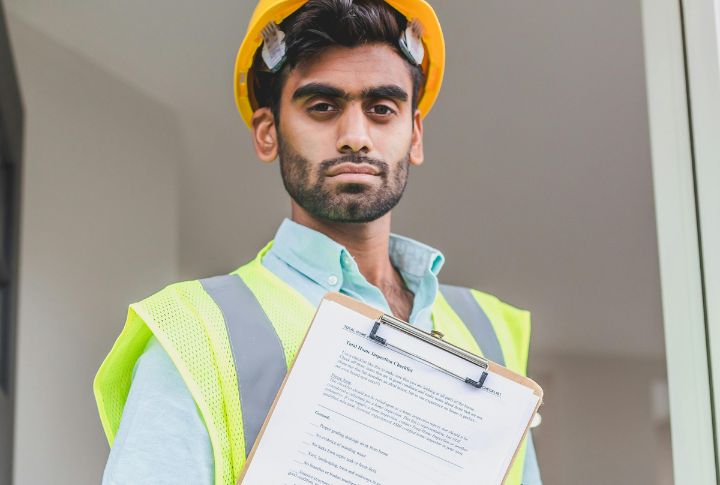
Some projects require permits and inspections to meet building codes. Ask if the contractor will handle these tasks. Reliable experts should be knowledgeable about local regulations and adept at managing permits and inspections.
Can You Share References from Previous Clients?

References from previous clients are key for assessing a builder’s reliability. Request contact details of former clients and get in touch with them. Ask about their satisfaction with the builder’s work, adherence to deadlines, and communication.
What’s Your Approach to Project Management?
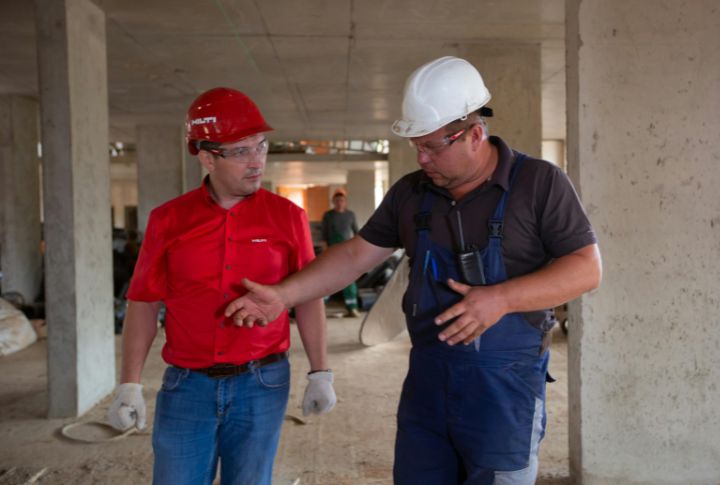
Every professional has their own approach to managing projects. They should have a plan for overseeing your development, including a dedicated manager if applicable. Their management style should ensure clear communication of updates and effective handling of issues.
How Will You Address Unexpected Issues or Changes?
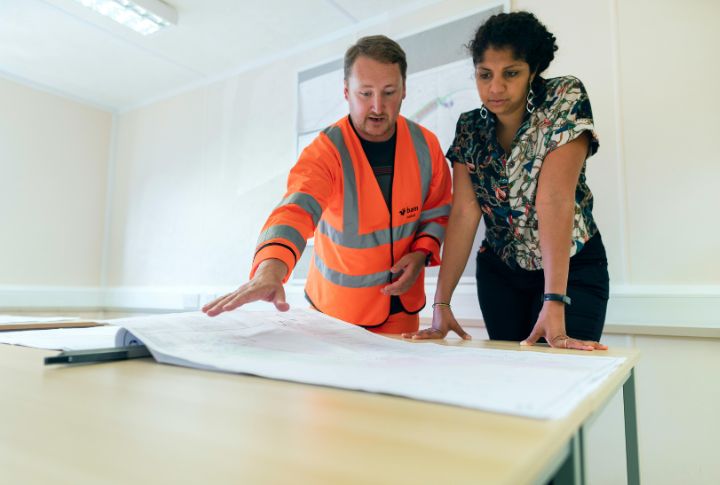
No construction job is without surprises. Inquire about how they handle unexpected issues within the scope of responsibilities. Will they provide a revised estimate and timeline? Knowing how flexible they are and how they manage modifications is essential.
What’s Your Payment Schedule?

Clarify the payment terms before starting the house. Some contractors require an initial deposit, with the remainder paid upon completion or at specific milestones. Avoid those who demand full payment upfront. A transparent payment schedule will protect both parties.
What Materials and Brands Do You Recommend?
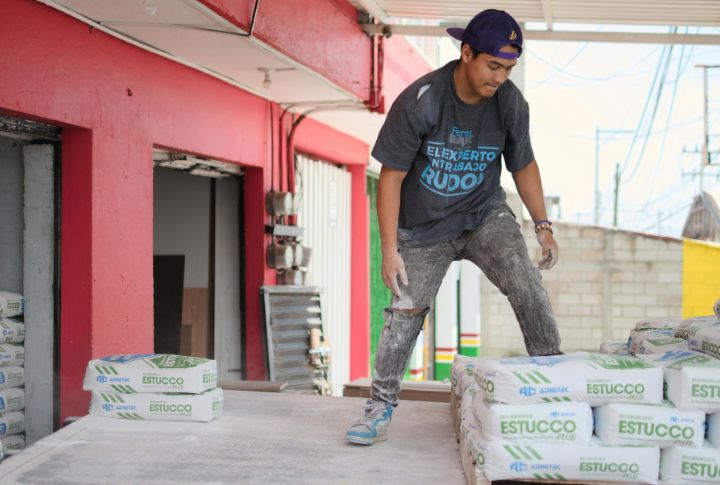
Contractors have preferred materials and brands they trust. Consult them about their recommendations and why they like certain products. This can give you insights into the materials’ quality and cost and ensure they align with your preferences.
How Will You Ensure the Work Area Remains Safe and Clean?
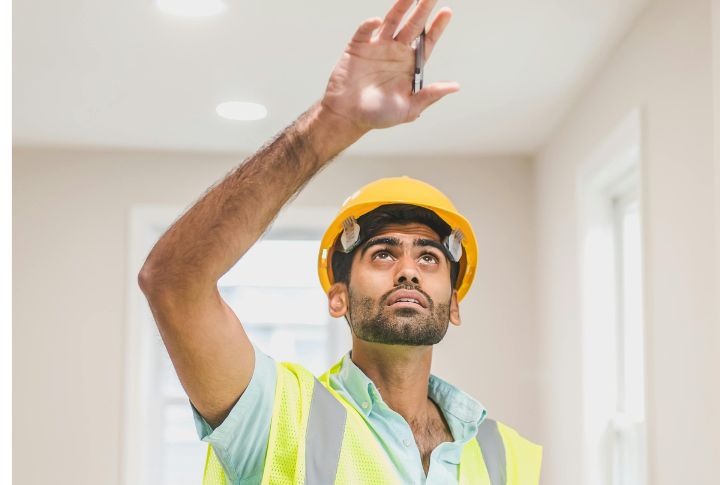
Safety and cleanliness during any home improvement or renovation are paramount. Question them about their protocols for maintaining a safe, tidy work environment. Will they use protective cover for your belonging? How do they handle debris and waste?
What is Your Approach to Quality Control?
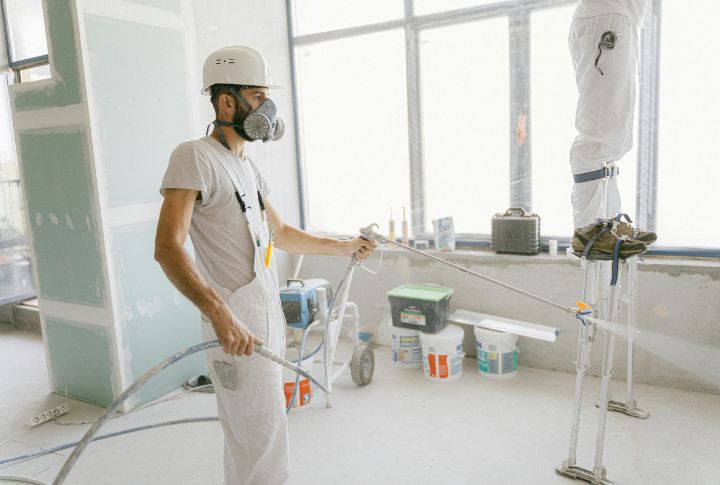
Any successful home project has quality control guidelines. Ask about their methods for maintaining high standards of craftsmanship. They should use regular inspections or checklists to track progress and update you.
How Do You Handle Subcontractors?

If your build-out requires specialized tasks, the contractor may use subcontractors. The process for selecting and managing should involve checking their reputation. Note that they must ensure that their subordinates adhere to the same quality standards.
How Do You Prefer to Communicate?

Clear communication is the secret sauce for a smooth build. Your contractor should keep you in the loop with regular updates whether it’s through email, calls, or good old face-to-face chats. Staying connected helps dodge misunderstandings and keeps you up to speed.
What Happens if the Project Takes Longer Than Expected?

Delays can occur, so you need to understand how they manage them. They should have a clear policy for addressing delays and unforeseen issues, including providing revised timelines and regular updates.
Do You Offer a Warranty on Your Work?
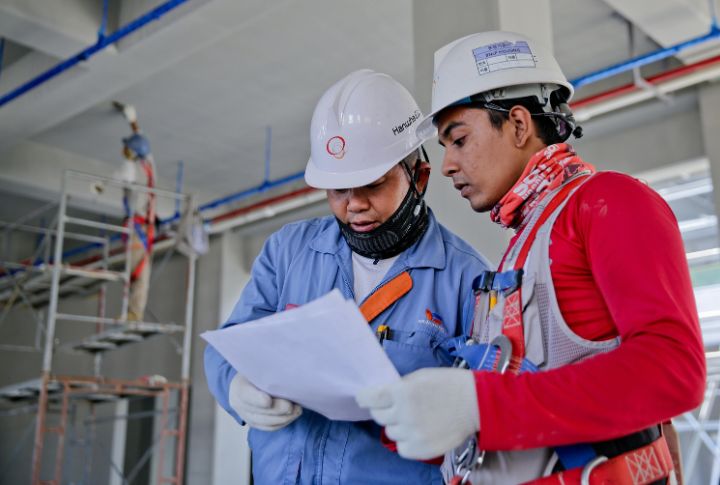
A warranty provides peace of mind by guaranteeing that any issues arising from the professional’s enterprise will be addressed. Inquire about the warranty terms and coverage: What’s included and how long?

